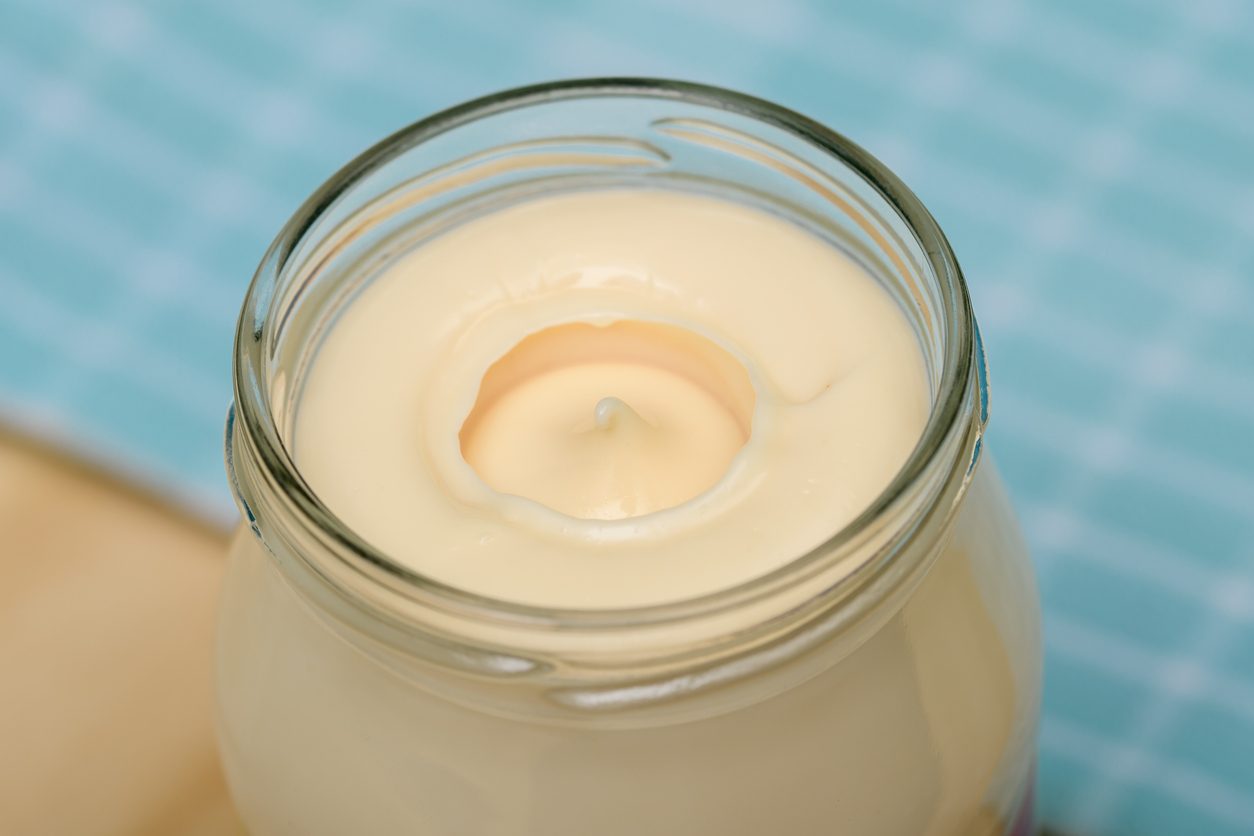How Does Cooking Affect The Nutrient Profile Of Parsley?
Parsley is another special herb widely used in various dishes. From hearty soup bowls to fancy pasta dishes and pizza, the use of parsley spells out versatility. But, did you know that parsley isn't just good for garnishing? It is super packed with quality nutrients including some that have been known to stave off diseases like cancer.
;Resize,width=742;)
Parsley is more than a tasty garnish for meals, it contains various antioxidants such as vitamin C, vitamin K, luteolin and apigenin which have been proven to lower risk of several diseases, including some types of cancer. Therefore, nutrition experts highly recommend regular consumption of parsley.
PARSLEY'S ROLE IN PREVENTING CANCER

The best thing about eating parsley is that they provide numerous antioxidants, making them highly beneficial to the human body. They contain apigenin and luteolin which are flavonoids, a class of antioxidants which may help prevent cancer and other inflammatory diseases.
According to an article published in the "International Journal of Oncology," apigenin contains anticarcinogenic properties such as preventing and/or slowing the growth of tumor cells.
Furthermore, researchers at China Medical University report that, in vitro, luteolin was associated with apoptosis, a process which causes tumor cell death.
Ultimately, while consuming excessive amounts of parsley will not cure an existing cancer, it can help lower inflammation and boost your body's immunity against debilitating diseases, alongside a balanced diet.
EFFECTS OF HEAT ON THE NUTRIENT PROFILE OF PARSLEY

Depending on the nutrient, heat can either increase or decrease its capacity to benefit your health. Just 1/4 cup of parsley contains greater than 25 percent of your Daily Value for vitamins C, A and K.
But, vitamin C can easily be denatured by heat that is, it becomes markedly reduced or destroyed upon cooking. On the other hand, vitamin A levels are enhanced after cooking and vitamin K remains stable.
Furthermore, cooking parsley in dishes with a liquid base have been known to increase levels of apigenin and luteolin, while grilling and stir-frying reduces their levels.
So, ultimately, it is best advised to cook your parsley with liquid-based dishes on low heat. Even better, throw parsley in during the last several minutes of cooking!
IS IT POSSIBLE TO EAT TOO MUCH PARSLEY?

Yes!
Parsley contains high amounts of vitamin K which is known to reduce the effects of the blood thinning medication coumadin. Although you may not eat enough parsley to hit dangerous levels, you may be eating other foods high in vitamin K so you must consider their cumulative effect.
Talk to a licensed health professional before starting a parsley-dense diet, especially if you have any underlying health conditions.
;Resize,width=767;)
;Resize,width=712;)

;Resize,width=712;)
